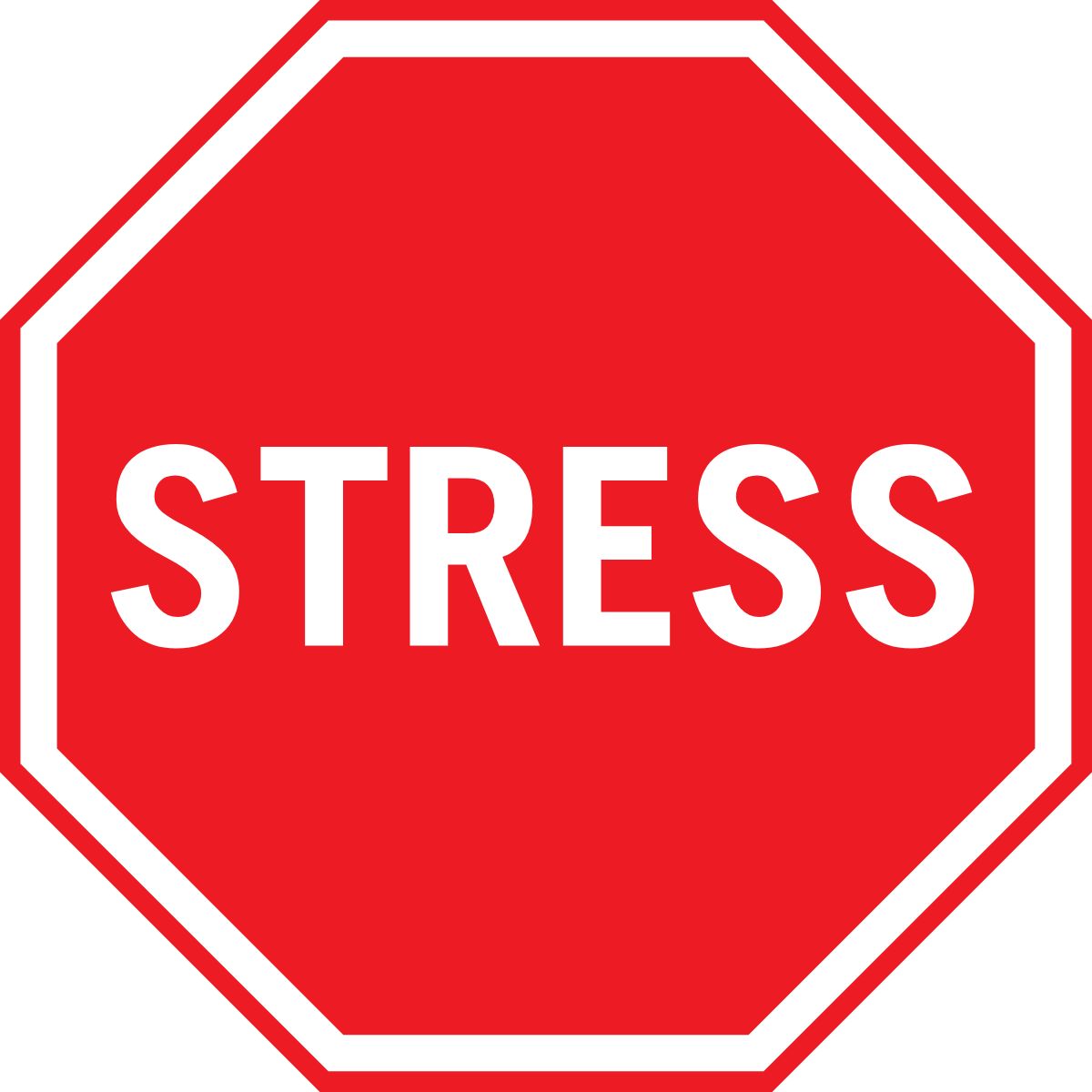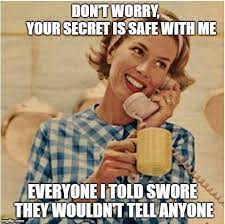Small business owners and entrepreneurs don’t start their business with a dream of burning out.
You don’t include projections in your business plan like, “My productivity projection for Year Five is to be so overwhelmed and exhausted, that my business and employee growth stagnate.”
You start out passionate and energetic. Your dream of industry domination and customers that can’t stop talking about your business, fuel your motivation to do whatever it takes to get your business going.
More than 50% of entrepreneurs report facing burnout at some point in their business ownership journey. And, 29% report feeling constantly stressed out.
Yikes.
Why Small Business Owners Burnout
Small business owners and entrepreneurs are more prone to burnout because they:
- Are gluttons for punishment and long hours
- Are more socially isolated
- Have limited safety nets
- Operate in high uncertainty (even when there’s not a worldwide pandemic)
- Are extremely passionate about our work
Most small business owners – myself included – can’t help but wake up some days and ask, “What the hell is next?”
Being a business owner is stressful. Sure, a lot find it fun, challenging, and fulfilling. Where a lot of business owners get in trouble is their passionate, do-whatever-it-takes attitude. They opened a business to solve a problem, offer a higher quality product or service, or to be their own boss. They want their business to be successful and for the big risk they took to pay off.
But the pressure of responsibility is just as big as the risk. The constant pressure to earn enough money to make payroll, pay for supplies, and keep the lights on can get overwhelming. It’s like you are constantly being chased by an alligator that could swallow you whole if you slow down even just a little.
Unfortunately, for some, that stress never lets up. It becomes chronic and eventually turns into burnout.
What Burnout Looks Like for A Small Business Owner
Many small business owners describe burnout as a lack of personal effectiveness. They feel as though they are constantly spinning their wheels without making enough progress. This develops into losing faith in themself that they can accomplish all that they want. Then, they find themselves in a state where they don’t feel like they care anymore and a numbness has taken over.
When you are burned out, you are raw. There is nothing protecting your energy, thoughts, or emotions.
Small business owner burnout can look like:
- Overcompensation with caffeine, willpower, or fear when you are exhausted and feel defeated.
- Overstimulating your fight-or-flight stress response and hormones.
- Detachment (lack of attention) from your business.
- Feeling like a robot or that you aren’t in control.
- Indifferent attitude toward your work or professional outcomes.
- Trying to speed up, but the reality is, is that you are slowing down.
- Experiencing memory loss, impaired or delayed decision-making, illnesses and accidents.
- Self-esteem disappears and is replaced with feelings of inadequacy.
- Consistent state of agitation and irritability.
- Lack of patience with nearly everything and everyone.
- Feeling constantly run down and drained of physical and emotional energy.
Recalling my own struggle with burnout as a small business owner, each of these signs was present not only internally – but also externally. People around me could see that I was struggling because burnout is hard to hide.
How burnout shows up to others:
- Inability to cope with or manage your stress reaction
- Strained relationships
- A loss of interest in spending time with family or friends
- Trouble sleeping
- Cynicism towards asking for or accepting help
Stress Is Blinding
So many people who burnout are at a loss for how they allowed their stress to carry on for so long.
Stress is blinding. When you are chronically stressed out, your body’s natural hormonal stress response prevents blood and oxygen from getting to your brain. Your brain needs the blood, oxygen, and certain hormones to make good decisions, think clearly, and regulate your emotions.
This “stress blindness” contributes to the negative stories you tell yourself about your options for getting your stress managed. The extreme exhaustion, cynicism, and feelings of being trapped complicate your perspective about your high stress levels.
This is when I hear a lot of “I can’t…” Or, “It’s impossible to…” And, “You don’t understand…” statements from my burned-out clients.
I uttered the same words when I was burned out.
What Should A Burned Out Business Owner Do?
You aren’t going to quit – you are going to stop.
The world is spinning around you and things are seemingly out of control. Coming to a complete stop will give you an opportunity to breathe and take more effective steps to begin to get your chronic stress under control.
Here are the first three steps I ask all of my burnout recovery clients to take:
Step 1: Clear Priorities – Many business owners get busy and overwhelmed. They lose sight of their priorities. Not just business, but personal priorities, as well. Everything begins to feel important or like an emergency. What is most important to you? How do you plan to accomplish your goals, as well as, make room to take breaks and time off?
Also, priorities change. Your business has changed, evolved, and grown. Have you also changed, evolved, and grown with it? This means, you may be working toward old priorities and goals.
Step 2: Make A “Don’t Do List” – Based on your priorities, it’s time to clear your plate of all of the tasks and responsibilities that are overwhelming your system. A lot of small business owners have the mindset that they need to be able to do it all. Essentially, you are bullying yourself into avoiding delegation.
Your Don’t Do List will be comprised of tasks that you don’t enjoy doing or you aren’t good at. Doing work that you don’t enjoy or isn’t a strength for you causes you to burn more energy and brainpower to get it done. In order to recover from burnout and get your stress managed, you are going to need to preserve your energy and make clear decisions about what you don’t want to or shouldn’t be doing.
Following your Don’t Do List will allow you to stay focused on your priorities.
Relieving yourself of tasks at this point doesn’t mean you have to them up forever. As you recover and gain a better understanding of your energy, you may be able to take them back.
Step 3: Build A Support System – You need reminders of what you are capable of and the support of people who want to see you win. So many business owners go it alone and don’t have someone they can lean on when they are having trouble with an obstacle, aren’t able to solve a problem, or when their business experiences a downturn.
Create a support system of people who you can rely on to talk you through challenges, guide you toward solutions, and help you see a different perspective.
A Note to Solo Entrepreneurs
Many solo entrepreneurs (solopreneurs) find it nearly impossible to take the necessary breaks or time off from their business. If they aren’t there to keep the business running, who will?
Solo business owners – meaning they don’t have a team of employees – need to pay special attention to how they structure and build their business. Too many build a business they feel will crumble if they step away even for a day. This means they are using an unrealistic business structure and have set unrealistic standards for themselves.
The key for solopreneurs is planning. Plan and build in time off around the quiet “seasons” of your business. It’s this lack of planning for inevitable scenarios – illness, vacation, rest – that gets so many in trouble and leads to them burning out.
For example, with my pet care business, I plan to take vacations when I know I won’t be busy. And, I prepare my clients for this, as well. Of course, there are always clients who try to book my time when I won’t be available. So, I have worked to stay strong in my boundaries of:
- Referring them to a colleague that can help them in my absence.
- Providing ample notice of the dates my business will be closed.
- Reminding myself that I deserve to take time off, too. I can’t and shouldn’t be working non-stop all year round.
Initially, I fought this. I made every excuse in the book:
- No one will do this job as well as me.
- My clients will be mad/inconvenienced/disappointed/fill-in-the-fear-here.
- I can’t find anyone to sub for me.
- I am afraid of losing business to a competitor.
Any of this sound familiar?
If you want to remain in business long-term, you need to take breaks and take care of yourself.
Disagree? Want to tell me why this can’t possibly work? I am happy to arm-wrestle you anytime, any day…






